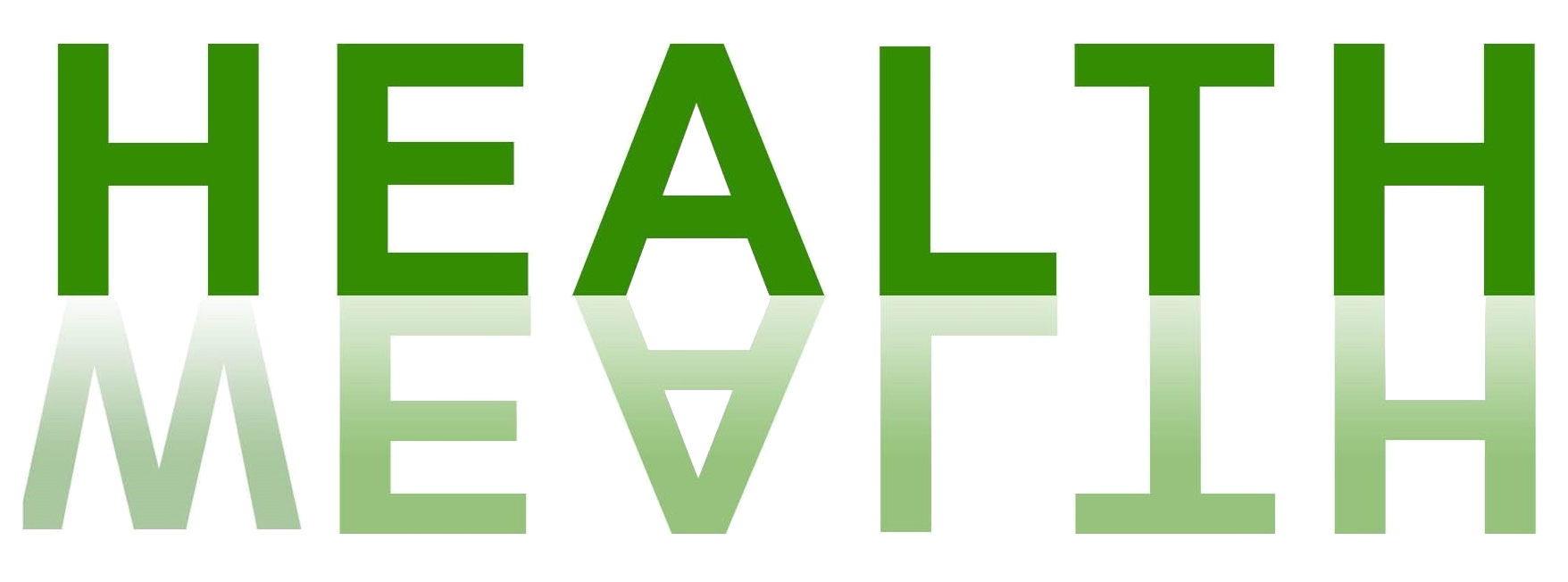The Power of Energy
Energy might bring a lot of things to mind, but what we’re talking about here is what you put into your body (food and drink) to sustain life. Looking at the general concept of eating, we know that food gives us calories that the body needs to complete basic daily tasks (on the cellular level to give you energy). From there, the topic of diet opens up to a whole variety of opinions and recommendations on what should be eaten.
Health Means Wealth is not here to preach about one style of eating but wants to give you the basic tools for making healthy choices for yourself.
Eating is so much more than just calorie intake.
Eating is such a hot topic because of the many facets it encompasses. It isn’t as simple as providing the body with the calories it needs:
- For humans, eating is very a social event. A time to celebrate the presence of others and good food.
- Food brings us pleasure. Eating releases feel good hormones that are meant to keep us well fed and healthy.
- Our access to food has changed so much over the decades. Our ability to experience new flavors and specific foods that were once only seasonal is now commonplace.
- The way the food industry grows our food has changed significantly over the past 50+ years to maximize yield without always making sure that quality is maintained.
There is so much conflicting data out there on what to eat, why should I even listen?
Eat this, not that. Be a vegetarian. Be a vegan. Gluten is the worst. Eat like our ancestors. Eat like Asian or Mediterranean cultures that consistently have better quality of life. Phew, it can leave your head spinning!
- The truth is that there is no such thing as a perfect diet. We are all born in specific regions, with specific genes and have different exposures to our environment that affect what is best for our bodies. Although this doesn’t necessarily provide a concrete answer to “what should I eat.” it should give you some food for thought (literally and figuratively) to get in tune with your body to find what foods work best for you.
- What our bodies need will change with different chapters of our life as well. What a growing child versus a pregnant woman versus an elderly person will need to thrive can change significantly.
- The changing agriculture world will also affect what we can sustainably purchase and consume.
- No matter who you are there are some foods that we all know shouldn’t be eaten at all (or at least only on rare occasions). We all know food that comes with lots of sugar and processing has no nutritional value for us.
Choosing what to eat will take some self analysis and fine tuning, but what not to eat is pretty easy.
- Processed, packaged foods. Anything full of chemicals you can’t pronounce, corn syrup, sugar and anything else refined are not part of a healthy diet. These are about as empty as calories can get and yet the flavors they have (that are made in a laboratory somewhere) can be highly addictive to your taste buds and leave you wanting more.
- Any kind of sugary drink. There is absolutely no nutritional value to soda pop. Some ingredients have been linked to cancer, the chemicals in some of them can literally erode steel, and the amount of sugar in them is beyond ridiculous. Even if you reach for a diet drink don’t kid yourself that sugar isn’t just being replaced with some other terrible chemical.
- Soda’s close neighbors juice, tea or any other flavored drink don’t fare much better for sugar and unnecessary additives. If juice is fresh and not from concentrate it is okay on occasion (however eating whole fruit that comes with fiber is always the better choice).
- Standard farmed dairy and meat. Most of us nowadays are well aware that animals in the standard U.S. food market are not treated well. Even if you’re not an animal rights activist, these practices lead to atrocious meat quality. Few nutrients, high risk of bacteria contamination, antibiotics and hormones… GROSS is all that comes to mind when you truly think about it.
- You may feel overwhelmed when you compare the price of organic, sustainable raised meat and dairy products. However, keep in mind that while meat can be a healthy part of a diet that that average meat eating American consumes significantly more than the needed 4-6 ounces (the size of your palm) per day. Keep your portions under control and balanced with other healthy foods and suddenly that price tag doesn’t seem so steep.
- Refined anything. Refined sugar and flour are some of the most nutrient depleted and addictive substances in the world. While gluten has become a hot topic, it really should be more of an argument about how the wheat is processed. A white powdery substance is a lot different than getting the nutrition benefits from whole grains (and no we’re not talking about the over processed bread that is brown instead of white)
Related read: How to Stop Eating Junk Food: Practical Tips
How to navigate eating in this crazy world.
- First and foremost: READ LABELS!!! You’ll be surprised what you find in some of your favorite foods and it should make you think twice.
- Go for “whole” foods. The kinds that don’t need an ingredient label because its pretty straight forward (i.e. there is apple in an apple).
- Some ”packaged” foods may be able to pass the label test if they only have a handful of ingredients that you approve of and can actually pronounces.
- Whole foods typically live in the perimeter of a grocery store. Just say no to the processed food isles! Don’t even go by those tempting chips (especially if you’re hungry).
- Try buying in bulk if you’re concerned about budget. If you have a grocery stores with bulk items, this is a cost efficient way to get cheap whole foods (brown rice, beans, unrefined sweeteners, flours, nuts, etc.). Buying in large quantities from online stores or big box stores like Costco can also provide a large cost benefit.
- Try to choose organic when possible with produce. It has been found that genetically modified foods just don’t have the same nutritional value (or flavor- store bought tomatoes don’t compare to fresh from a garden). When budget doesn’t allow. make sure to thoroughly rinse your produce before eating. Try to to prioritize buying organic for the “dirty dozen” (produce found to have the most pesticides).
- Choose quality proteins to further complement your whole foods diet. Sustainable meats, dairy and/or organic legumes, seeds and nuts will nicely complement your nutrient rich fruits, veggies and whole grains.
Don’t forget water!
Water is life. There is a reason we can go much longer without food than water. It is needed for almost every cellular function in our body. It gives volume, cushioning (especially in joints), is a vehicle for nutrients to get in and out of cells, helps rid the body of toxins and so much more. Anyone that’s every been dehydrated realizes quickly how important water really is! Unfortunately water today can easily be contaminated with agricultural run off, plastics that that they are bottled in, industrial by-products such as heavy metals and other scary things we don’t want in our water. Think about getting a simple cost effective water filter for your home!
The simple benefits of hydration.
- Promotes optimal digestion and nutrient absorption
- Detoxify the body from built up waste (from normal daily functions) through sweat and urine
- Promote healthy blood viscosity to regulate blood pressure
- Provide adequate cushioning of the body’s joints, spinal cord and brain
How much water should I drink?
The old school recommendation is 8 (8 ounce) glasses of water a day. While this is a good place to start it can vary with body composition, exercise levels and just individual make up! Try to drink water throughout the day steadily for optimal benefits. It has been said that if you’re thirsty you’re already slightly dehydrated. The best way to know if you’re drinking enough water is to check the color of your urine. Colorless to slight yellow means there is plenty of water for the body. If your urine becomes a darker yellow it’s time to tote that bottle around and get drinking.
Don’t let society fool you. Food and water are the best medicine.
If you are feeling ill or low energy, diet and hydration are a great place to start. After all, it’s what all your body’s basic functions are derived from. If you’re feeding it crap, of course you feel about the same. Somehow our society has made a disconnect between what we subject our bodies to and how they feel. Instead we find ourselves blaming our discomfort, illness or even pain on genetics or some other factor that we can’t “control.”
When you stop to realize how powerful your food choices really are, you can heal yourself. The testimonials out there for healthy living through food choices are pretty amazing!
References:
There is so such thing as a single “best” diet. (Link here.)
Scientifically what would be considered the perfect diet. (Link here.)
6 Benefits of Staying Hydrated. (Link here.)





